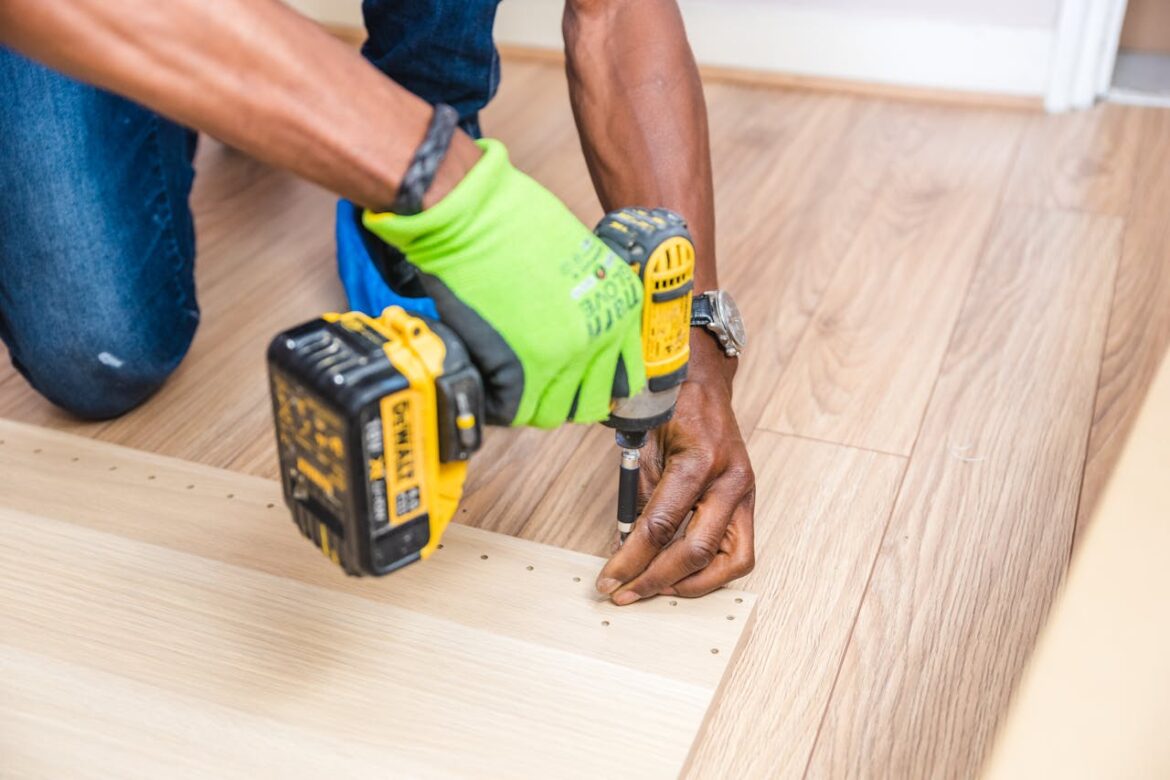The choice of commercial flooring directly affects an enterprise’s durability, safety, and overall costs. Regardless of business type—warehouse, restaurant, laboratory, or auto service—the floor must withstand daily loads and be easy to maintain. That’s why more and more companies choose next‑generation industrial systems: epoxy polished flooring and polyurethane‑cement mixes.
Before choosing, it’s important to consider not only material costs but also operating conditions: humidity, chemical exposure, temperature fluctuations, and the intensity of equipment traffic. The floor should serve for decades without costly repairs, so the decision must be well‑considered.
Regular Maintenance—the Key to Longevity
Commercial spaces differ significantly by function, so there is no perfect universal coating. The choice depends on specific needs, staff safety, and future maintenance costs.
The main parameters to analyse before purchase can be summarized as follows:
- Mechanical resistance. The coating must withstand equipment loads, dropped tools, and constant foot traffic.
- Chemical inertness. Critical in workshops, laboratories, or food production where aggressive cleaners are used.
- Thermal resistance. Bakeries, kitchens, and freezer rooms require floors that won’t deform on contact with hot or cold liquids.
- Hygiene and ease of cleaning. The surface should not have cracks or pores where dirt or bacteria accumulate.
- Aesthetics. Important for shops, salons, and offices—the floor’s appearance influences brand perception.
Choose a system with these factors in mind to increase the facility’s service life and reduce future maintenance costs.
Comparing Epoxy and Polyurethane‑Cement Flooring
Modern commercial enterprises increasingly order two types of industrial floors from Speedway: epoxy polished flooring and polyurethane‑cement systems. Both options have advantages, but they are applied in different conditions.
When to Choose One or the Other
To make the right choice, you need to understand the tasks the coating will face: whether aesthetics are paramount, or protection from temperature and chemicals is key. Below are the main benefits of each type, noted by users and specialists.
Epoxy resin advantages:
- Creates a perfectly even, glossy surface with high wear resistance.
- Suited to offices, warehouses, auto service centres, and exhibition halls.
- Provides improved shoe traction, reducing slip risks.
Polyurethane‑cement advantages:
- Withstands extreme temperatures and thermal shock.
- Does not delaminate even with frequent contact with steam or hot liquids.
- An ideal solution for kitchens, bakeries, pharmaceuticals, and chemical production.
Thanks to their physical properties, these two flooring types ensure durability even in the most aggressive environments. Choosing correctly means fewer shutdowns, minimized repair costs, and compliance with sanitary standards.

